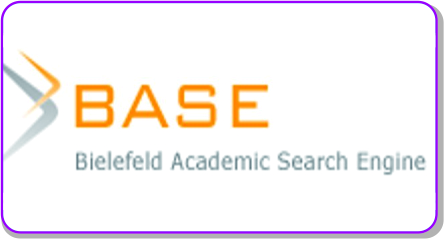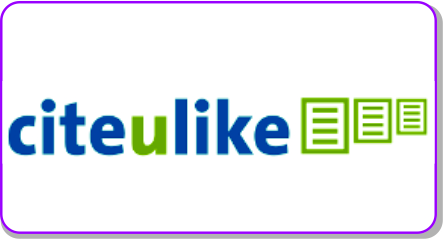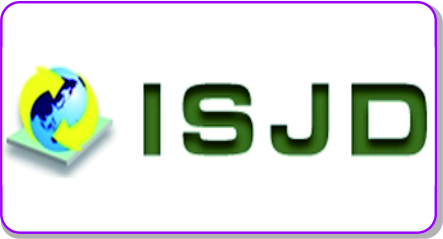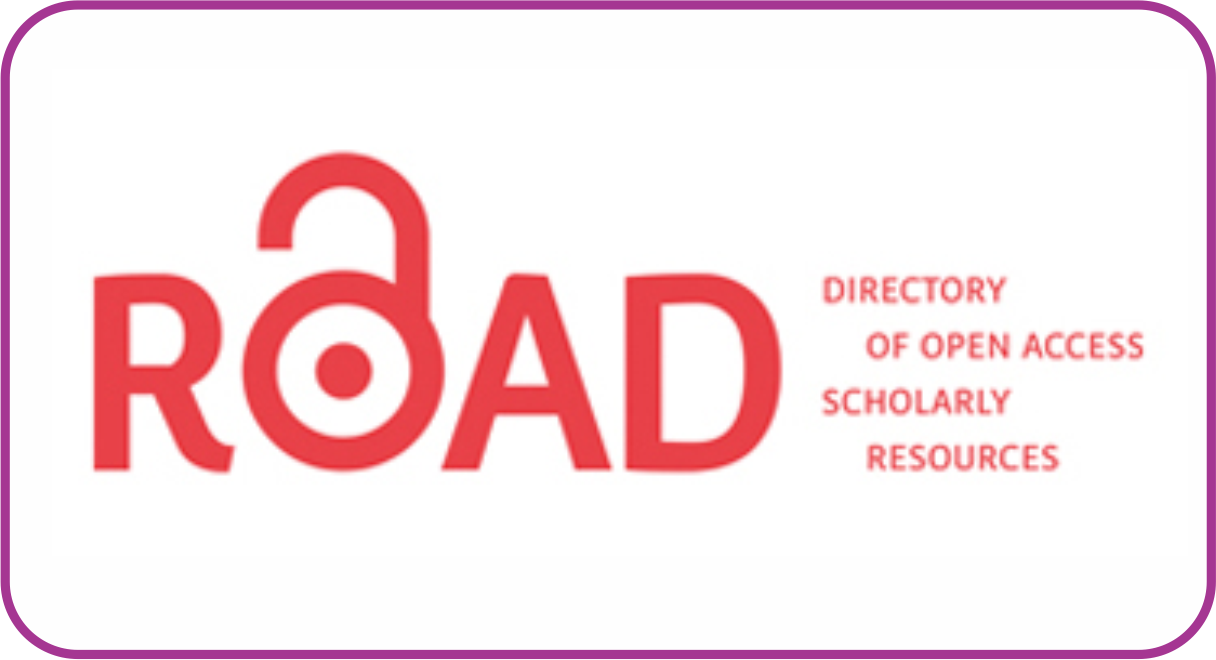Quest for Mutual School-Community Relationship In Nigeria: The Critical Centrifugal Forces
DOI:
https://doi.org/10.30983/educative.v5i1.3122Keywords:
School, community, school-community relationship, centrifugal forceAbstract
Mutual school-community relationship is imperative in the educational system due to the associated benefits. One of the purposes of establishing a school is to serve the immediate community. A community also needs to monitor and supervise the schools located within it, attend to their needs, challenges, as well as monitor their progress, so that there will be effective management of the schools while the set objectives can be achieved.  In this paper, critical forces pulling schools and communities apart (i.e. centrifugal forces) in Nigeria, such as theft of school properties, encroachment into school’s land/territory, interference in school’s activities, invasion of school by hoodlums, ritual killings, and obstruction of movement of staff, indiscipline of pupils/students and teachers, as well as the apathy of school to community’s activities, are examined. To tackle the forces and achieve mutual school-community relationships, all hands must be on deck, particularly, by the parties to the school and community relationship. In this case, non-apathy of school to community activities, prevention of theft of school properties, non-interference of community members in school affairs, non-interference of parents and community in school affairs, among others, are recommended
Hubungan antara sekolah dan masyarakat sangat penting dalam sistem pendidikan karena manfaat yang ada di dalamnya. Salah satu tujuan pendirian sekolah adalah untuk melayani masyarakat yang berada di sekitarnya. Masyarakat juga perlu memantau dan mengawasi sekolah-sekolah yang berada disekelilingnya, memperhatikan kebutuhan mereka, tantangan, serta memantau kemajuan mereka, sehingga akan tercipta manajemen sekolah yang efektif sementara tujuan yang ditetapkan juga dapat tercapai. Tulisan ini menganalisa kekuatan kritis yang  memisahkan antara sekolah dan masyarakat (yaitu kekuatan sentrifugal) di Nigeria, seperti pencurian properti sekolah, gangguan lingkungan sekolah, campur tangan dalam kegiatan sekolah, invasi sekolah oleh preman, ritual pembunuhan, gangguan akan aktivitas staf sekolah, ketidakdisiplinan siswa dan guru, serta sikap apatis sekolah terhadap kegiatan masyarakat. Untuk mengatasi kekuatan tersebut dan mencapai hubungan timbal balik sekolah-masyarakat, semua pihak harus bersinergi, terutama pihak-pihak sekolah dan hubungan dalam masyarakat. Sebagai solusi, ada beberapa kegiatan yang direkomendasikan, diantaranya tidak apatisnya sekolah akan kegiatan masyarakat, pencegahan pencurian properti sekolah, tidak adanya campur tangan anggota masyarakat dalam urusan sekolah, tidak adanya campur tangan orang tua dan masyarakat dalam urusan sekolah
References
Afolabi, F O, Basic Concepts in School Administration and Supervision, (Ondo: Patrick Ade Press Nig. Ltd, 1998)
Antoninus, M., Community Survey Report. Education Sector Support Programme in Nigeria, (Nigeria:Education Sector Support Programme in Nigeria, 2010)
Federal Ministry of Education, Nigeria Digest of Education Statistics (Nigeria: Federal Government Press, 2017)
Nigeria, National Policy on Education (Federal Government Press, Federal Republic of Nigeria, 2004)
Coinco, Emily, Women’s Participation in SBMC within the Complex Socio-Cultural Context of Nigeria (ESSPIN, 2012)
Moehlman, Arthur Bernard, and James A Van Zwoll, School Public Relations (Appleton-Century-Crofts, 1957)
Sonn, Brenda., Discipline in Schools : Discipline in a Culture of Human Rights (Cape Town: Via Afrika, 1999)
Okumbe, Joshua Abong’o, Human Resources Management: An Educational Perspective (Educational Development and Research Bureau, 2001)
Pinnock, Helen, Education Sector Support Programme in Nigeria (Nigeria: Education Sector Support Programme in Nigeria, 2012)
Abraham, Nath, and others, ‘Effective School-Community Relations as a Key Performance Indicator for the Secondary School Administrator in Aba South District, Nigeria.’, Journal of Curriculum and Teaching, 1.2 (2012), 21–26
Adediran, Sulleiman, ‘Assessment of Effectiveness of the School Based Management System in Bauchi , Katsina , Sokoto and Niger States , Nigeria’, 2012, 3–102 <https://www.academia.edu/12088420/Assessment_of_Effectiveness_of_the_School_Based_Management_System_in_Bauchi_Katsina_Sokoto_and_Niger_States_Nigeria_2008-2010_>
Alonge H.O, and Ige A.M, ‘Strategies for Tackling Examination Malpractices in Nigeria’, Journal of Open Learning and Teacher Education, 2.1 (2015), 105–17
Alonge H.O, and Ige A.M, ‘Strategies for Tackling Examination Malpractices in Nigeria’, Journal of Open Learning and Teacher Education, 2.1 (2015), 105–17
Ejieh, Michael U C, ‘Educational Quality and Community Involvement in Nigeria: Some Implications for Educational Planning’, Journal of Social Sciences, 10.1 (2005), 43–48
Nakpodia, Edward D, ‘Teachers Disciplinary Approaches to Students Discipline Problems in Nigerian Secondary Schools’, International NGO Journal, 5.6 (2010), 144–51
Urwick, James, ‘Determinants of the Private Costs of Primary and Early Childhood Education: Findings from Plateau State, Nigeria’, International Journal of Educational Development, 22.2 (2002), 131–44
Onyije, A C, and D O Ojedapo, ‘Guidance and Counseling Services for Achieving Skills Development in Nigerian Secondary School System: The Problems’, Journal of Technical Education Research and Development, 3.1 (2010), 49–56
Adelaja, Bose, ‘Residents Raise Alarm over Invasion of Hoodlums in Public School’, Varieties of English: Africa, South and Southeast Asiaanguardngr, 2013 <https://www.vanguardngr.com/2013/12/residents-raise-alarm-invasion-hoodlums-public-school/> {accessed 3 July 2019}
Adebayo, Musliudeen, ‘Hoodlums Invade Public Schools in Oyo, Destroy Properties Worth Millions of Naira’, Daily Post, 2019 <https://dailypost.ng/2019/09/27/hoodlums-invade-public-schools-oyo-destroy-properties-worth-millions-naira/> {accessed 14 May 2019}
American Heritage Dictionary, American Heritage Dictionary, Information Systems, 2011, II <https://www.ahdictionary.com/word/search.html?q=education>
Ataine, A J, and V C Nkedishu, ‘Relevance of School-Community Relations in the Development of Primary Education in Delta State, Nigeria’
Bello, T. O., ‘Public-Private Partnership, Infrastructural Development and Academic Goals Achievement of Nigerian Universities.’, A Seminar Paper Presented at Universities of Ilorin on 25/6/2011 (University of Ilorin, 2011)
Bortner, D M, Public Relations for Public Schools (Schenkman Publishing Company, Distributed by General Learning Press [Morristown, N.J., 1972) <https://books.google.co.id/books?id=2KQ0AAAAMAAJ>
Boulton, Diane, Peter Jackson, and DawnOliver, ‘School Case-Study Reports – Kaduna, Kano and The Kwara States’, Education Sector Support Programme in Nigeria (Nigeria, 2009), p. 12
Dunne, Máiréad, Sara Humphreys, Moses Dauda, Jiddere Kaibo, and Ayo Garuba, ‘Adamawa State Primary Education Research: Access, Quality, and Outcomes, with Specific Reference to Gender’, in Centre for International Education (University of Sussex, 2013) <http://sro.sussex.ac.uk/id/eprint/46058/1/Adamawa_Primary_Education_Research-executive_summary.pdf>
Ojedele, P K, ‘Community--School Relations Challenges for School Administrators in the 21st Century’, Educatnional Planning and Administration in the 21st Century Ondo NIEPA, 2000
The Premium Times, ‘How We Killed Final Year Female LASU Student’, The Premium Times, 2020 <https://www.premiumtimesng.com/news/top-news/371181-how-we-killed-final-year-female-lasu-student-suspects.html> {accessed 4 January 2020}
Town Cape, ‘National Assessment of Learning Achievement in Basic Education in Nigeria Junior Secondary Two’, Universal Basic Education Commission (Nigeria, 2017) <https://ubeconline.com/Pre/2011 National Assessment of Learning Achievement in Basic Education (NALABE) Report.pdf>
Wetheridge, Louise, Oliver Kapaya, Elaine Unterhalter, and Jo Heslop, Transforming Education for Girls in Tanzania: Endline Research Summary Report (Nigeria: Abuja, 2012) <https://actionaid.org/publications/2013/transforming-education-girls-nigeria-endline-research-report>
Kilonzo, J, ‘Challenges Faced by Headteachers in the Management of Students’ Indiscipline in Public Secondary Schools in Lamu County’, Unpublished Med. Project, Kenyatta University, 2013
Downloads
Submitted
Accepted
Published
Issue
Section
License
Authors who publish with this journal agree to the following terms:
1. Authors retain copyright and grant the journal right of first publication with the work simultaneously licensed under a Creative Commons Attribution License that allows others to share the work with an acknowledgment of the work's authorship and initial publication in this journal.
2. Authors are able to enter into separate, additional contractual arrangements for the non-exclusive distribution of the journal's published version of the work (e.g., post it to an institutional repository or publish it in a book), with an acknowledgment of its initial publication in this journal.
3. Authors are permitted and encouraged to post their work online (e.g., in institutional repositories or on their website) prior to and during the submission process, as it can lead to productive exchanges, as well as earlier and greater citation of published work (See The Effect of Open Access).





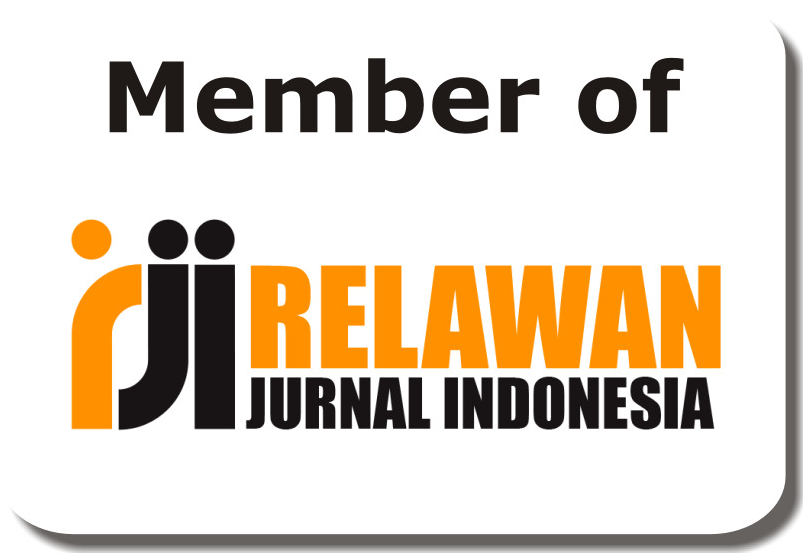


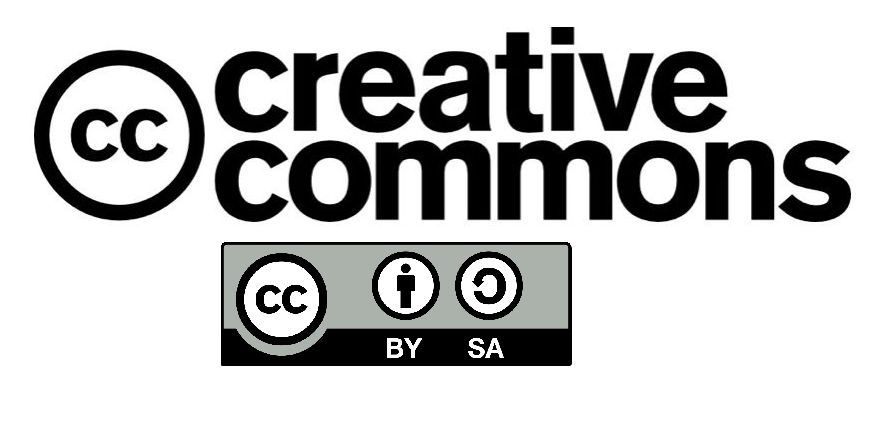


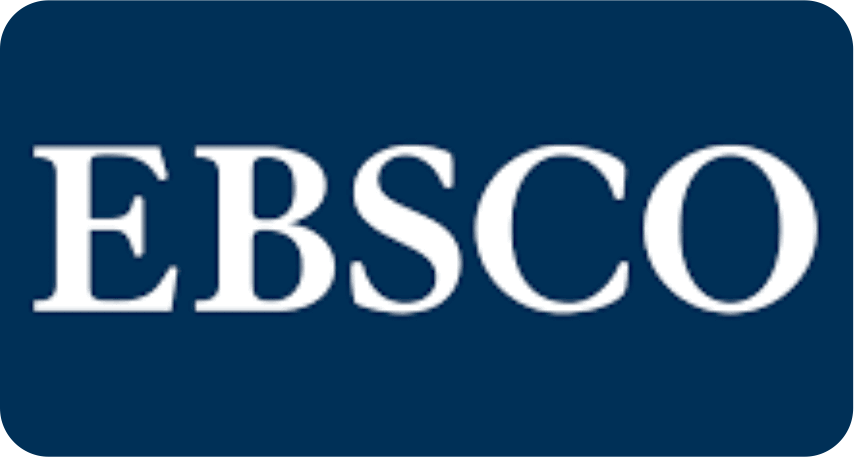






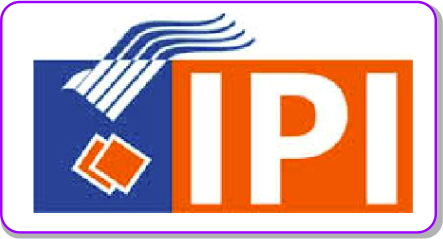 Â
 
